November 1, 2015
Firms use workplace improvements to invest in their human capital 0
 A survey by CoreNet Global and Cushman & Wakefield claims that 88 percent of EMEA corporate real estate professionals are actively investing in workplace improvements, and 95 percent are addressing workplace technology as part of those upgrades. The results emphasise the importance of human capital, suggesting that factors such as office environment, flexible working and company culture continue to be seen as critical to attracting and retaining talent. The global Talent Agenda Survey, completed by 250 respondents, addresses how occupiers are managing their talent pool against an ever-changing and unpredictable business environment. The survey focused on categories such as the cost of human capital and its value; the key challenges relating to talent access, assembly and retention and the critical role that real estate plays in workplace innovation, efficiency and talent retention.
A survey by CoreNet Global and Cushman & Wakefield claims that 88 percent of EMEA corporate real estate professionals are actively investing in workplace improvements, and 95 percent are addressing workplace technology as part of those upgrades. The results emphasise the importance of human capital, suggesting that factors such as office environment, flexible working and company culture continue to be seen as critical to attracting and retaining talent. The global Talent Agenda Survey, completed by 250 respondents, addresses how occupiers are managing their talent pool against an ever-changing and unpredictable business environment. The survey focused on categories such as the cost of human capital and its value; the key challenges relating to talent access, assembly and retention and the critical role that real estate plays in workplace innovation, efficiency and talent retention.












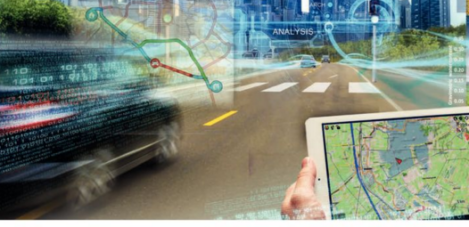
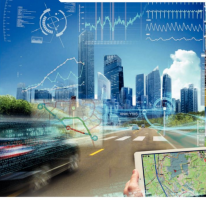



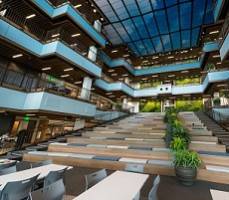



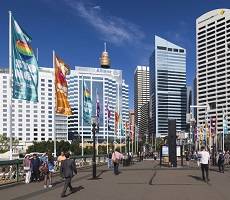


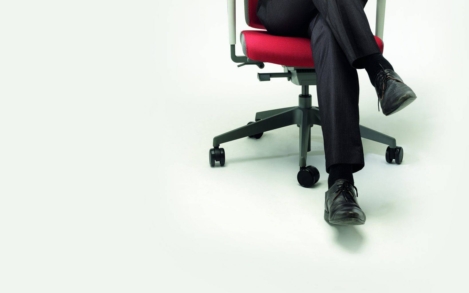
 In years gone by, a ‘one size fits all’ approach to office design might have been the norm, but as the decades have progressed, so too have the options available to businesses designing ‘homes from home’ for their office-based workforces. As new interpretations of the office environment proliferated, so the open plan model came to into being and eventually evolved into the default office design model. This initially brought greater variety than ever before but, ultimately, a one size fits all mentality in
In years gone by, a ‘one size fits all’ approach to office design might have been the norm, but as the decades have progressed, so too have the options available to businesses designing ‘homes from home’ for their office-based workforces. As new interpretations of the office environment proliferated, so the open plan model came to into being and eventually evolved into the default office design model. This initially brought greater variety than ever before but, ultimately, a one size fits all mentality in 










October 27, 2015
Seven ways your choice of new office may boost business performance 0
by Darren Bilsborough • Comment, Facilities management, Property
(more…)